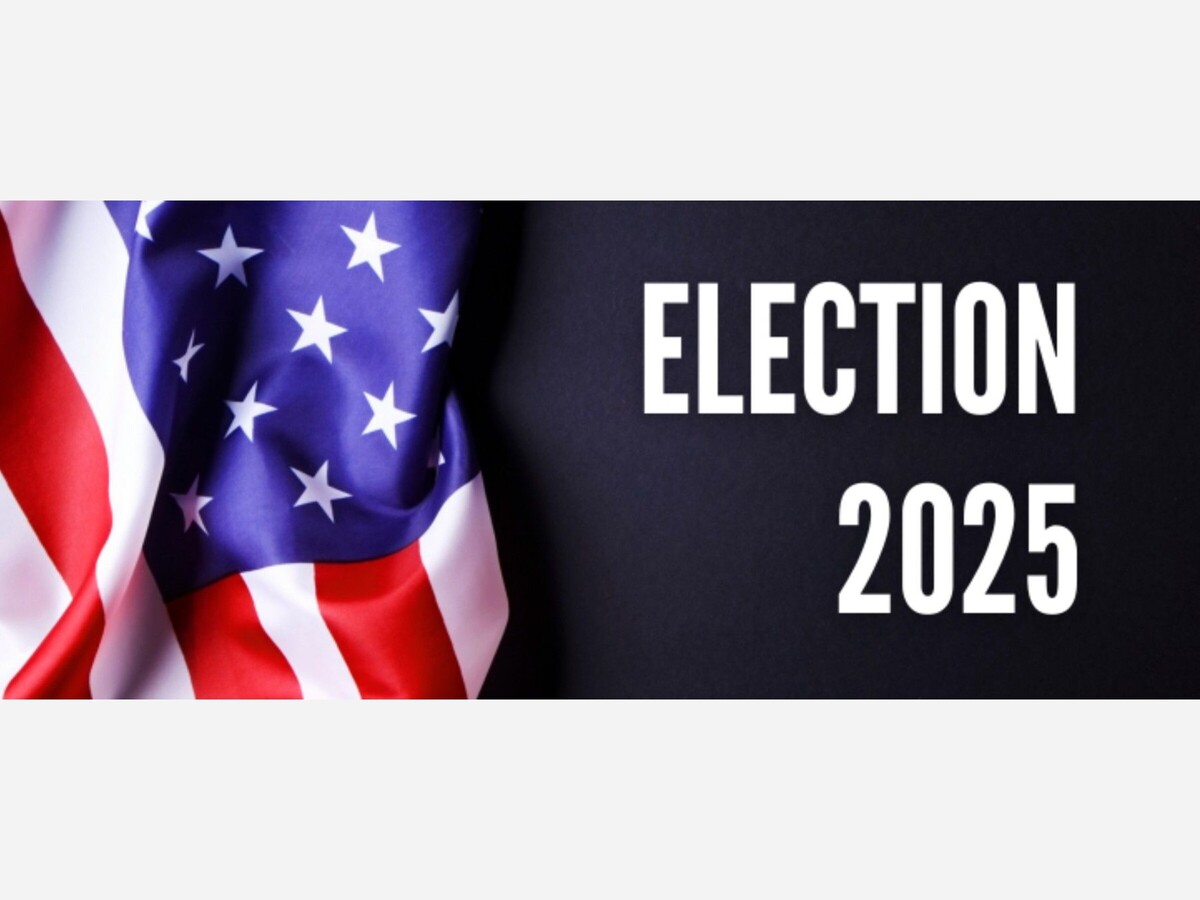Image


November 6, 2025 — Minneapolis, Minnesota
As the ranked-choice count concluded, Jacob Frey edged past Omar Fateh to win a third term, sealing a victory that mirrored the city’s struggle to reconcile ambition, accountability, and ideology.
Frey’s victory — 50.03% to Fateh’s 44.37% in the final ranked-choice round — is more than a number. It is a reflection of a city wrestling with its history, its crises, and its capacity for renewal.
Minneapolis has long been at the center of global attention. Since George Floyd’s murder in 2020, this city became a flashpoint for discussions of racial justice, policing, and urban inequality worldwide. Tonight, the city’s decision is being read far beyond Hennepin Avenue — as a test of leadership, legitimacy, and moral courage in an era of fractured politics.
Victory by narrow margin underscores the tension of this election: Minneapolis voters chose continuity, yet also expressed a profound desire for change.
Frey’s supporters interpret this outcome as a validation of pragmatism. His approach — incremental reform, coalition-building, and cautious governance — retained sufficient appeal to secure the office. Yet the race’s closeness reveals a city divided, where progressive energy, once marginalized, now commands near parity in influence.
For Omar Fateh, the loss is not a failure but a powerful declaration. His campaign galvanized new constituencies around affordable housing, workers’ rights, and community-centered policing. Fateh’s insurgent bid elevated the conversation and shifted the political center of gravity, ensuring that these issues remain unavoidable for the next four years.
Minneapolis’s story resonates beyond its borders. In New York, Zohran Mamdani’s insurgent victory demonstrated that grassroots campaigns can translate moral energy into governance. Across U.S. cities, voters are testing whether establishment politics can meet the urgent demands of citizens, or whether bold, progressive coalitions can reshape urban power.
Minneapolis mirrors these global and national experiments. Ranked-choice voting magnified the suspense and illustrated a vital principle: democracy is not just the tally at the end of the night, but the mechanism of inclusion, negotiation, and compromise. Every eliminated candidate’s supporters influenced the final outcome, turning ballots into a reflection of coalition-building and civic negotiation.
At the center of this election were questions that define modern urban governance:
Frey’s third term is not a blank check. Narrow victories are instructive, not indulgent. The city now expects tangible results: measurable reductions in police harm, new housing stock, and visible accountability. Fateh’s near-win signals the urgency of bold action — that half the electorate is watching, demanding, and prepared to hold leaders accountable.
Governance in Minneapolis is no longer a local experiment. It is a national case study, a blueprint and warning for cities confronting inequality, rising crime, and the friction between reform and public order.
From Johannesburg to Paris, from Lagos to Lisbon, observers follow Minneapolis closely. The city’s experiment in justice, equity, and democratic problem-solving is being scrutinized internationally. Will Minneapolis convert electoral energy into policy that heals wounds, or will it fall into the inertia of bureaucracy and political compromise?
Yesterday, the election results offer a window into the city’s future: one mayor has been declared the winner, but the ultimate verdict will come in the streets, in homes, and in communities across the city. Leadership is measured not by victory speeches, but by action that restores trust, reduces harm, and improves lives.
The drama of election night is fleeting; the responsibility of governance is enduring. Minneapolis now faces the same question that has challenged all cities in turbulent times: Will leaders rise to the promise of their moment, or govern merely within its shadow?
Jacob Frey’s win is historic only if it translates into transformative governance. Omar Fateh’s influence will remain, reminding the city that progress demands vigilance and participation.
Minneapolis’s future is being written now. The world is watching. And this city, forged in struggle and hope, must deliver an answer worthy of the attention it has earned.